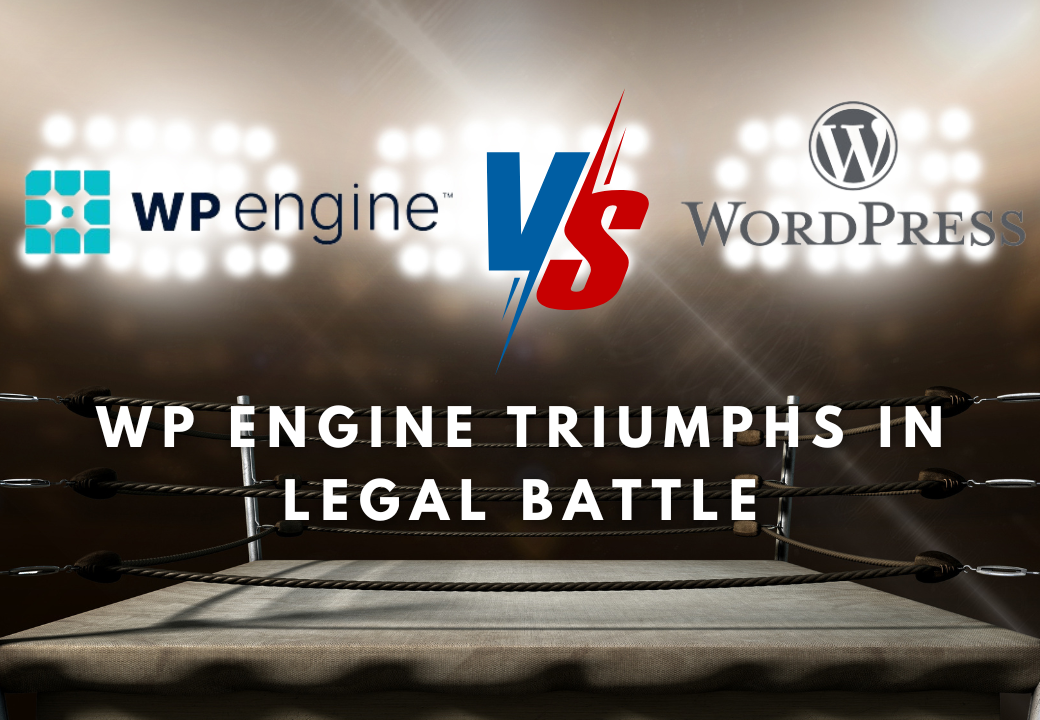WP Engine, one of the leading companies offering hosting services and tools for websites built on WordPress, shared important news on its LinkedIn profile. The court granted WP Engine’s request for a preliminary injunction, fully restoring access to WordPress.org for the company, its clients, and its users. This decision marks a breakthrough in the legal dispute between WP Engine and Automattic, the company behind WordPress.com.
Conflict over WordPress.org
The dispute between WP Engine and Automattic escalated when Automattic restricted WP Engine’s access to WordPress.org and the plugin repository. WP Engine accused Automattic of engaging in anti-competitive practices, including unauthorized modifications to its plugins and actions aimed at undermining WP Engine’s relationships with its customers. Automattic reportedly changed the name of WP Engine’s popular plugin (Advanced Custom Fields) to “Secure Custom Fields” and limited access to updates for users relying on WP Engine’s solutions.
Court decision and its implications
After reviewing evidence and arguments from both sides, the court found that Automattic’s actions could harm WP Engine and the broader WordPress ecosystem. Consequently, it granted WP Engine’s request for a preliminary injunction. The decision mandates that Automattic restore WP Engine’s access to WordPress.org and cease actions that restrict the functionality of WP Engine’s plugins.
In its statement, WP Engine emphasized that this decision ensures stability for users and partners relying on WordPress. The company also expressed gratitude to its clients for their trust and support during this challenging time. “This victory provides the necessary stability for the WordPress ecosystem, allowing us to continue our mission of supporting our customers and their websites,” WP Engine stated.
The entire conflict sheds light on tensions among key players in the WordPress ecosystem. Automattic, as the manager of WordPress.org, has been criticized for using its position to control the market and exert pressure on competitors. WP Engine, on the other hand, argues that such actions undermine the fundamental principles of the open-source movement upon which WordPress was built.
What’s next?
The court’s decision is a significant step, but the conflict between WP Engine and Automattic is unlikely to end here. Automattic may appeal the decision, and both companies will need to reassess their approach to collaboration within the WordPress ecosystem.
In its statement, WP Engine emphasized its readiness to collaborate for the dynamic and stable development of the WordPress community. Will both companies find common ground, or will the conflict escalate further? The future will tell, but one thing is certain—the court’s decision sets an important precedent for protecting open-source principles and fair competition.






